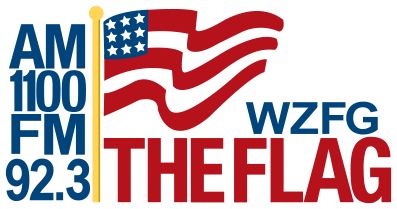Fargo Cass Public Health (FCPH) will host a community-wide NARCAN® training in September, in conjunction with National Recovery Month . The training is sponsored by the State Targeted Response to the Opioid Crisis grant through the North Dakota Department of Human Services Behavioral Health Division.
All law enforcement agencies, and middle and high schools in Cass County already carry NARCAN®, a drug that reverses an opioid overdose and saves lives. Individuals who are concerned about their opioid use, or a family member or friend’s use, are encouraged to attend this free training. Attendees will receive a complimentary opioid overdose rescue kit, which contains two doses of NARCAN®.
When: Wednesday, September 26, Noon
Where: Fargo Cass Public Health
Cost: Free (Registration required)
Registration: Email MMarkegard![]() FargoND [dot] gov
FargoND [dot] gov
or call Melissa at 701.476.4083.
The placement of NARCAN® throughout the community is part of a preventive local response to the opioid crisis. Those attending will receive training on how to administer NARCAN® and provide rescue breaths, which could potentially save someone’s life. Additional community-wide trainings will take place in the coming months at Fargo Cass Public Health.
According to the Cass County Coroner, there were nine deaths in 2015 due to opioid overdose in Cass County. In 2016, there were 31 deaths; in 2017, there were 17 deaths and in 2018, there have been five deaths to date. Fargo Cass Public Health recognizes the need for expanded awareness, education and access to naloxone (NARCAN®), due to the high number of opioid-related overdose deaths in the community and the nation.
As the first and only FDA-approved naloxone nasal spray, NARCAN® Nasal Spray provides a ready-to-use opioid overdose emergency treatment. NARCAN® Nasal Spray is not a substitute for emergency medical care, and repeat applications may be necessary. Seek emergency medical assistance immediately, and keep the patient under continued surveillance.







